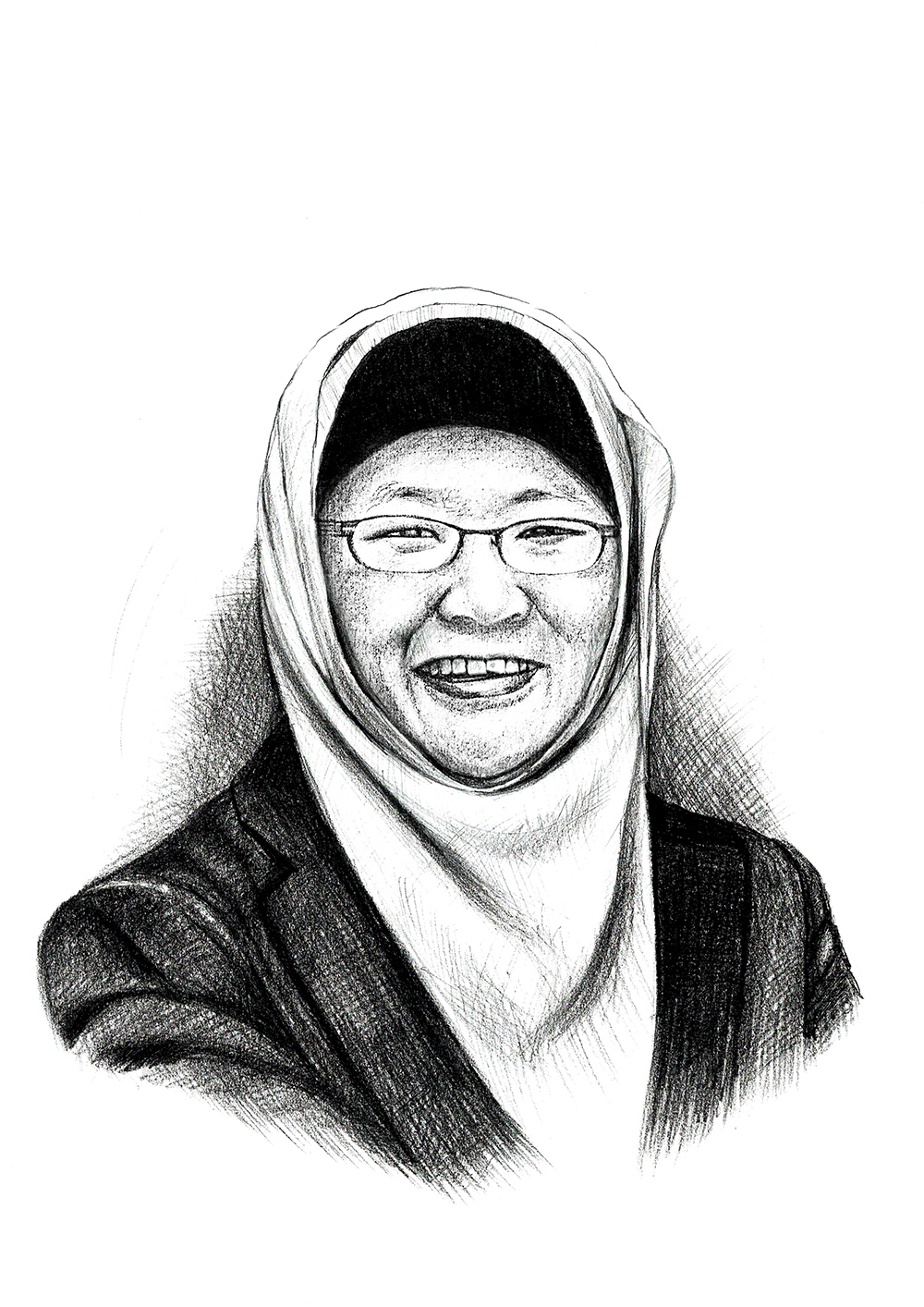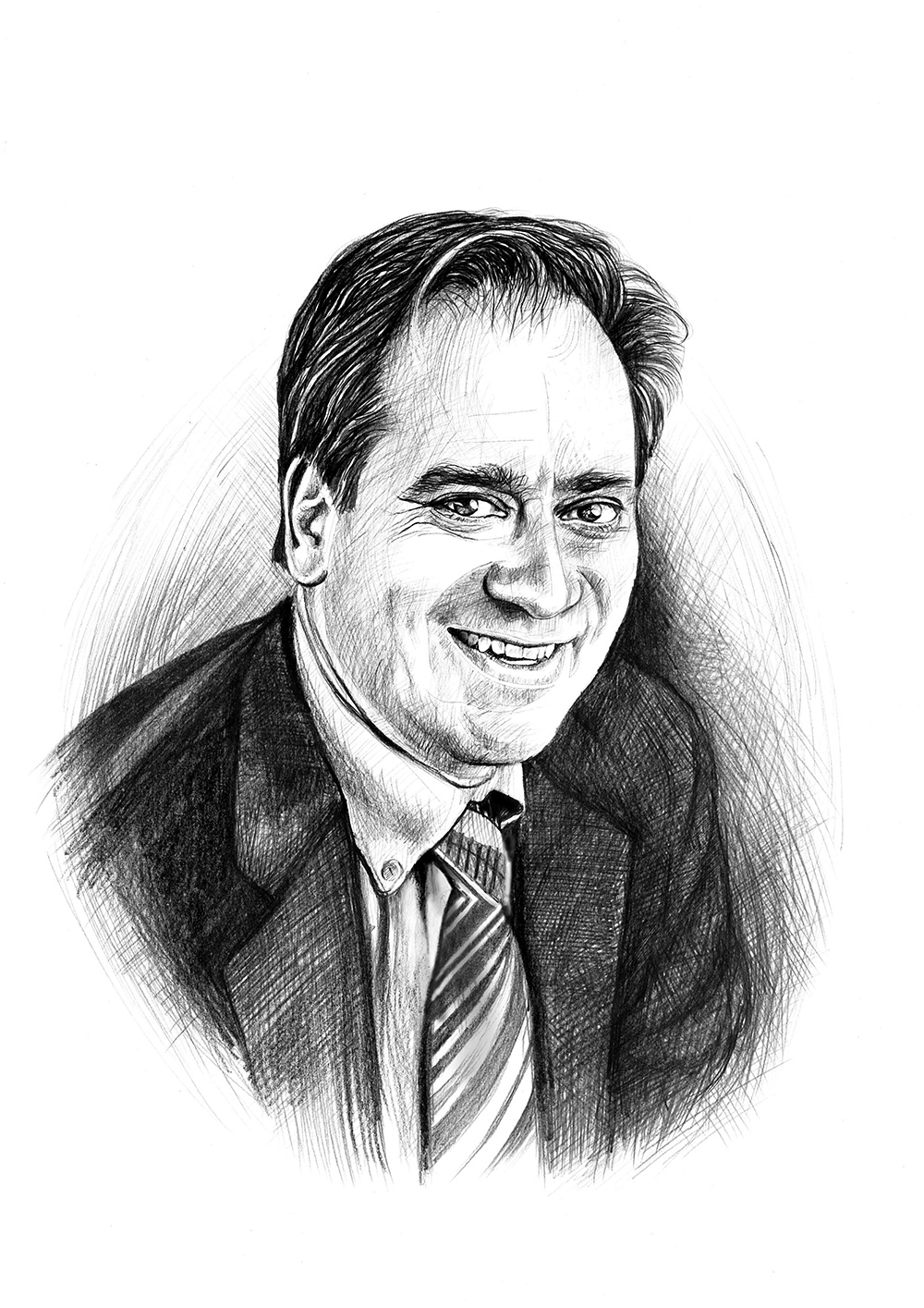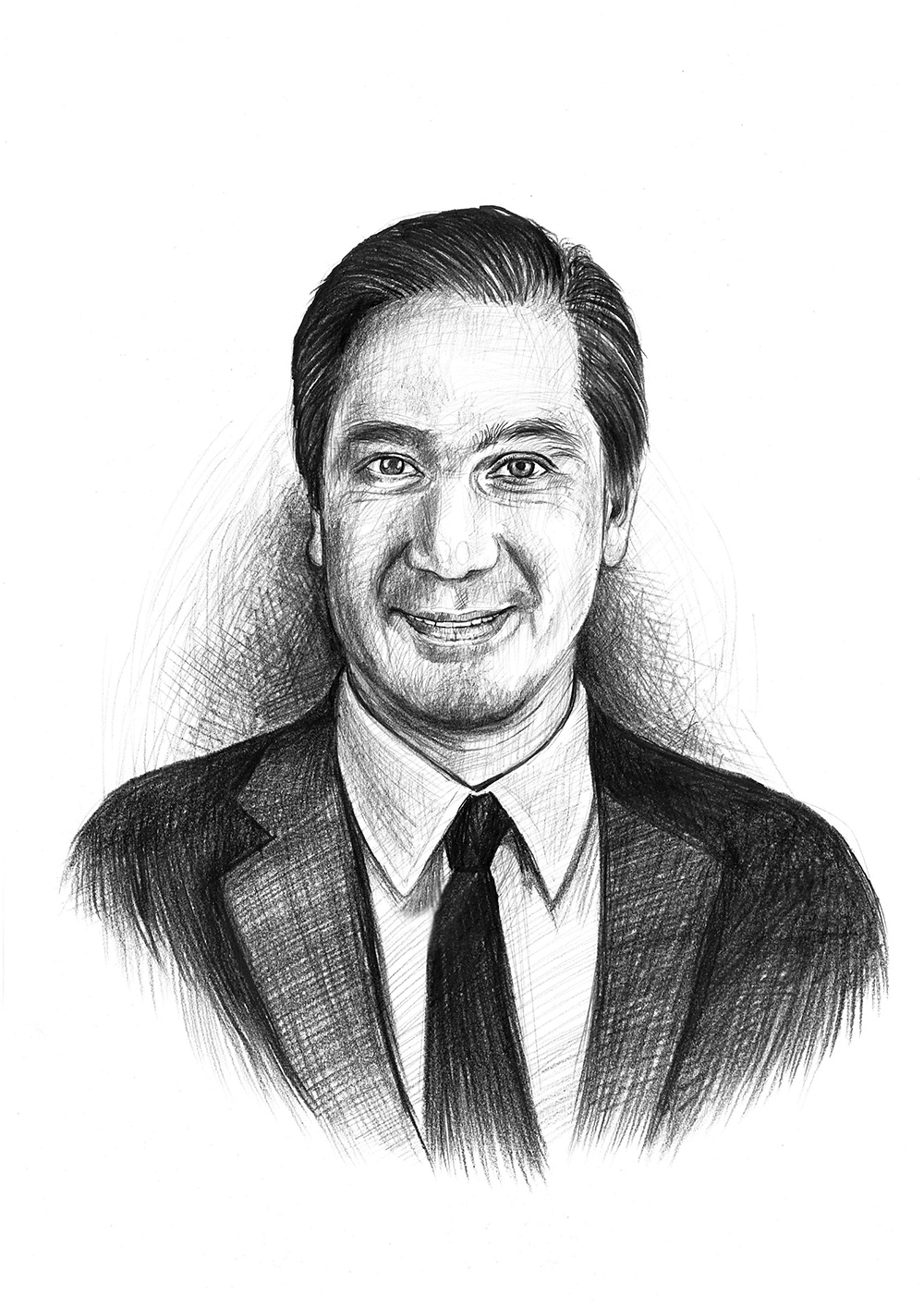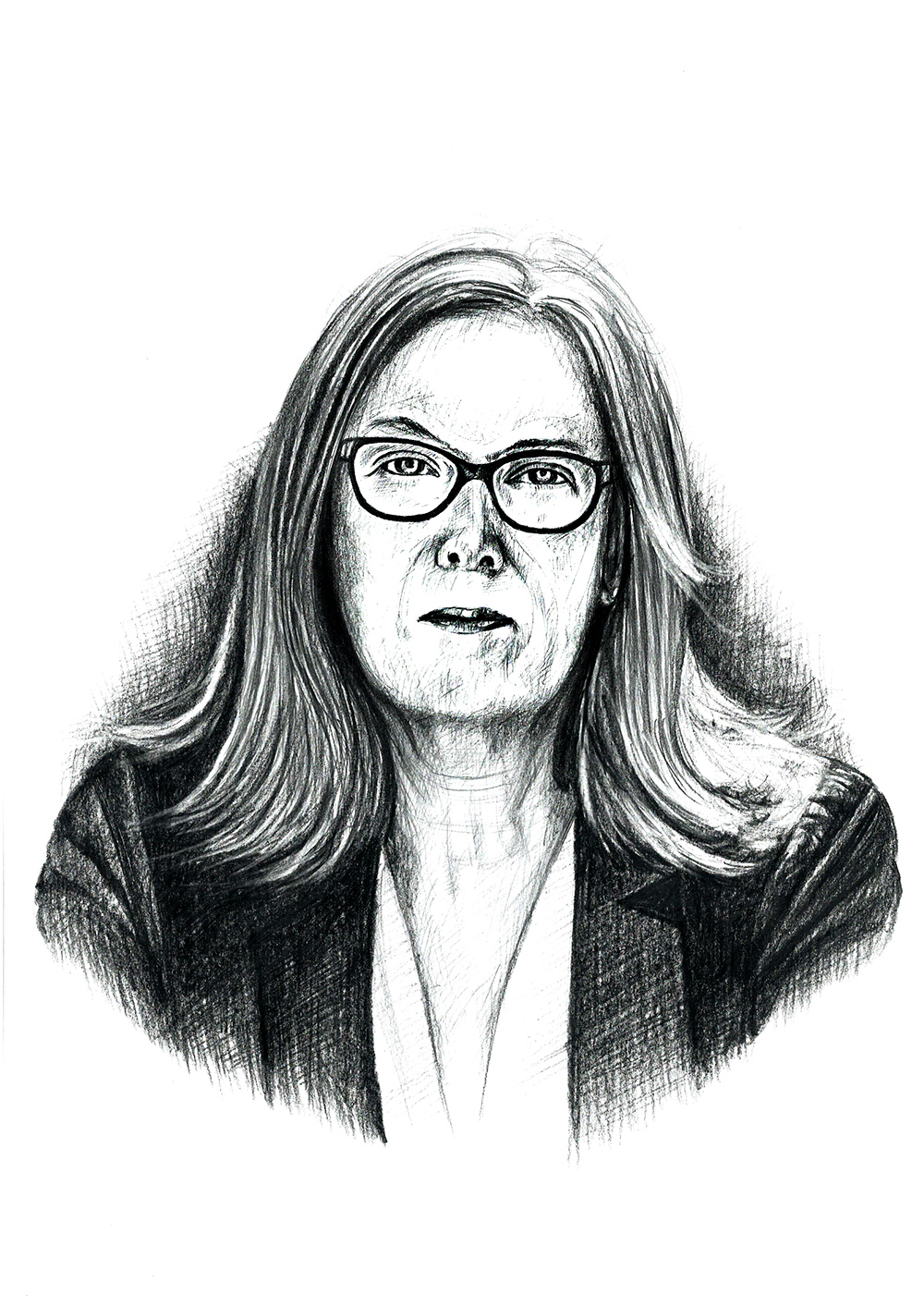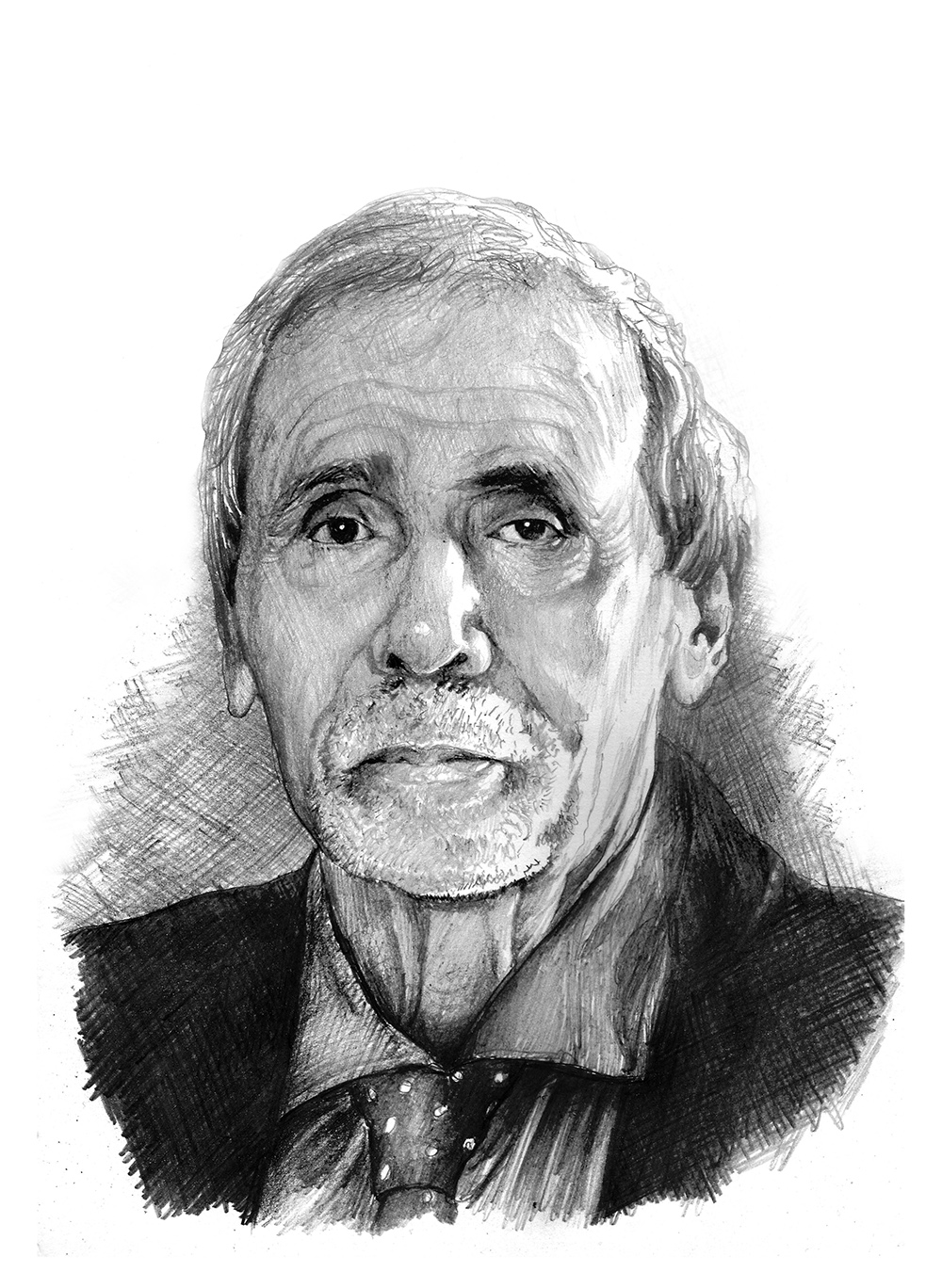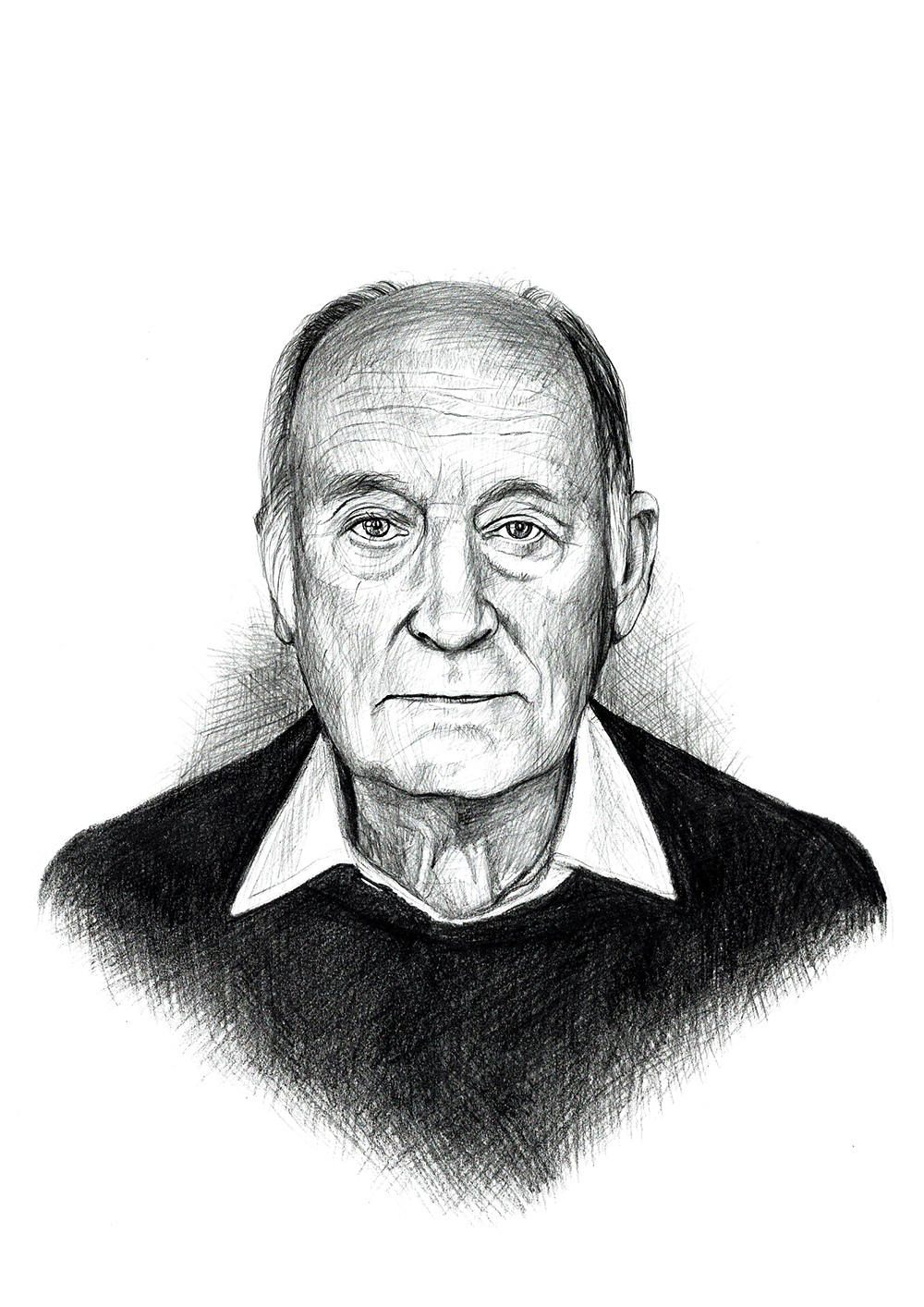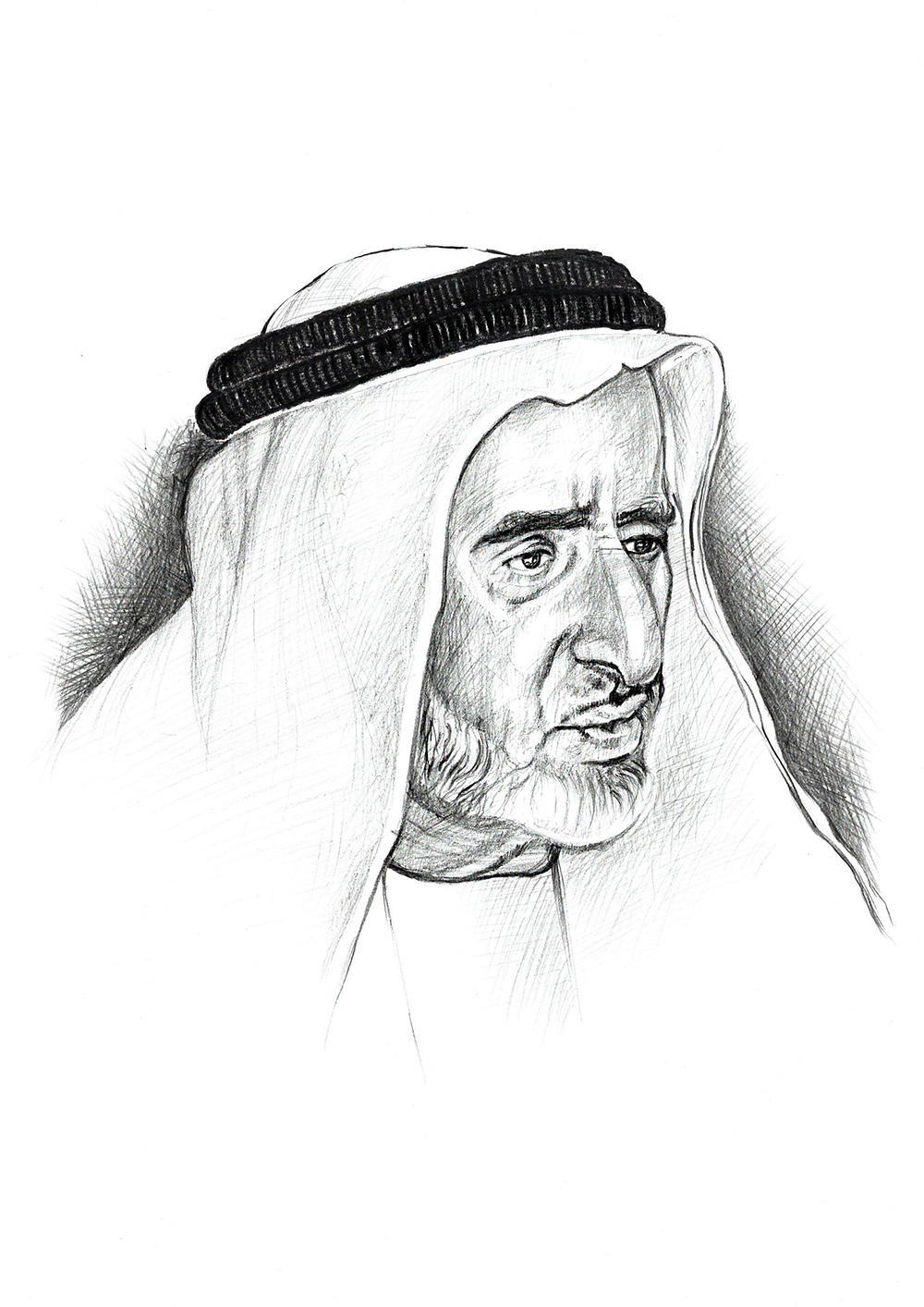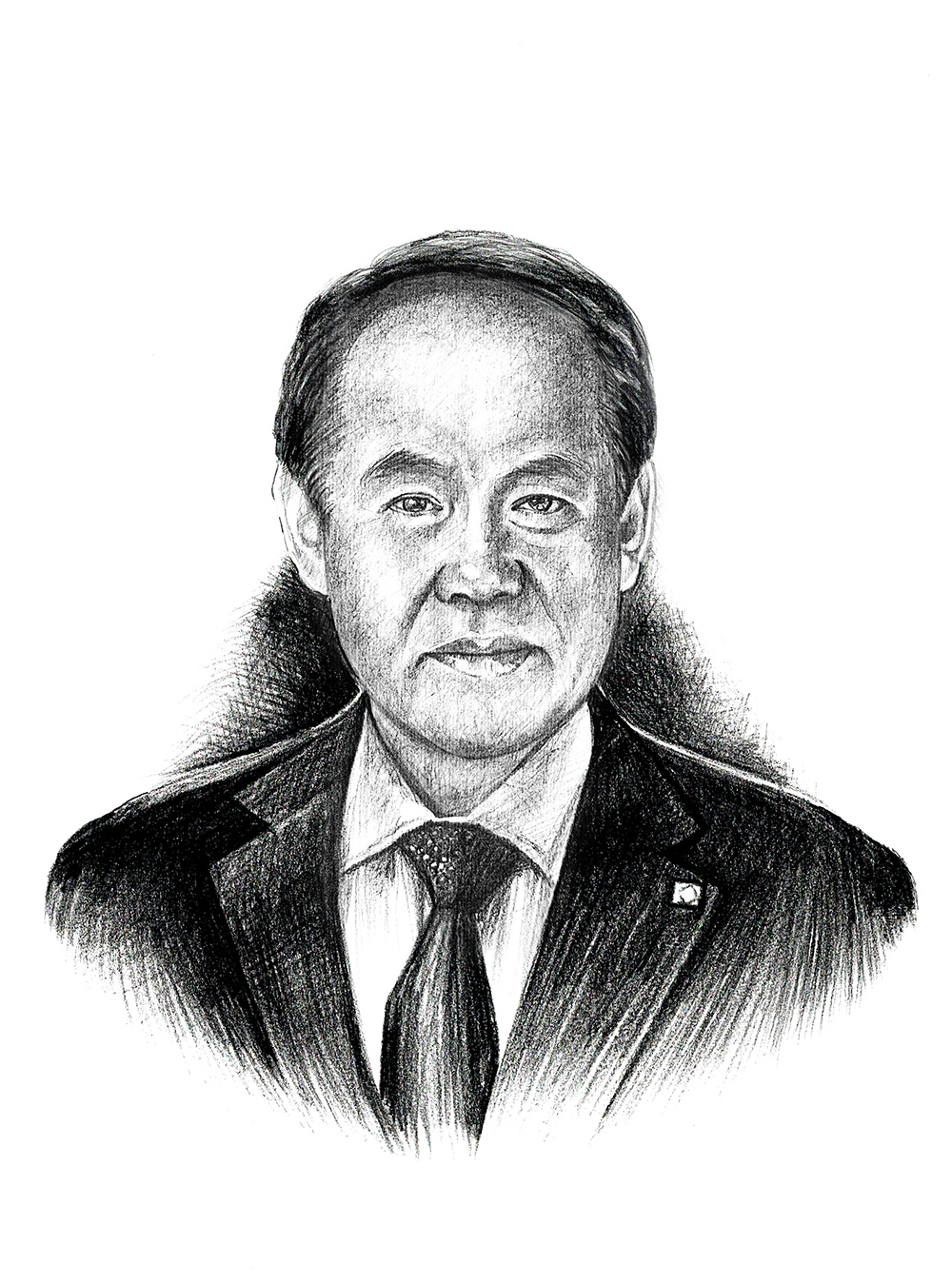Jackie Yi-Ru Ying graduated with B.E. summa cum laude in Chemical Engineering from The Cooper Union in 1987. As an AT&T Bell Laboratories Ph.D. Scholar at Princeton University, she began research in materials chemistry, linking the importance of materials processing and microstructure with the tailoring of materials surface chemistry and energetics. She pursued research in nanocrystalline materials with Prof. Herbert Gleiter at the Institute for New Materials, Saarbrücken, Germany as NSFNATO Post-doctoral Fellow and Alexander von Humboldt Research Fellow. She joined the Chemical Engineering faculty at Massachusetts Institute of Technology (MIT) in 1992.
Prof. Ying’s pioneering research in materials chemistry has led to the synthesis of advanced nanostructured materials. This includes novel classes of nanoporous materials for heterogeneous catalysis, such as mesoporous and microporous transition metal oxides, mesostructured zeolites, as well as mesoporous silica with tri-continuous pore structure and mesocellular foam-like structure. Prof. Ying has also developed a wide variety of oxide and nitride nanocrystals, metallic nanoclusters, metal oxide nanosheets and nanocomposites for catalytic and energy applications.
In addition, Prof. Ying has designed polymeric and inorganic nanosystems for drug delivery, nanomedicine, tissue engineering and diagnostic assays. Notably, she has created stimuliresponsive polymeric nanoparticles that allow for insulin delivery to diabetic patients only when their blood sugar levels are high, without the need for external blood sugar monitoring.
Prof. Ying has been recognized with American Ceramic Society Purdy Award, Packard Fellowship, Office of Naval Research Young Investigator Award, National Science Foundation Young Investigator Award, Dreyfus Teacher-Scholar Award, American Chemical Society Award in Solid-State Chemistry, Technology Review’s TR100 Young Innovator Award, American Institute of Chemical Engineers (AIChE) Colburn Award, International Union of Biochemistry and Molecular Biology Jubilee Medal, Mustafa Prize, Islamic World Academy of Sciences-COMSTECH Ibrahim Memorial Award, Turkish Academy of Sciences Prize in Science and Engineering Sciences.
Prof. Ying is an elected Member of World Economic Forum Young Global Leader, German National Academy of Sciences – Leopoldina, U.S. National Academy of Inventors, and U.S. National Academy of Engineering. She is a Fellow of MRS, RSC, AIMBE and AAAS.
Prof. Ying has been selected by the Muslim 500 in consecutive years since 2012 as one of the world’s 500 most influential Muslims. She was named one of the “One Hundred Engineers of the Modern Era” by AIChE in its Centennial Celebration. She was an Inaugural Inductee for the Singapore Women’s Hall of Fame. She was the Founding Editor-in-Chief of Nano Today.
This biography was written in the year the prize was awarded.

